Venice Film Festival: Interview with The Iceman cast
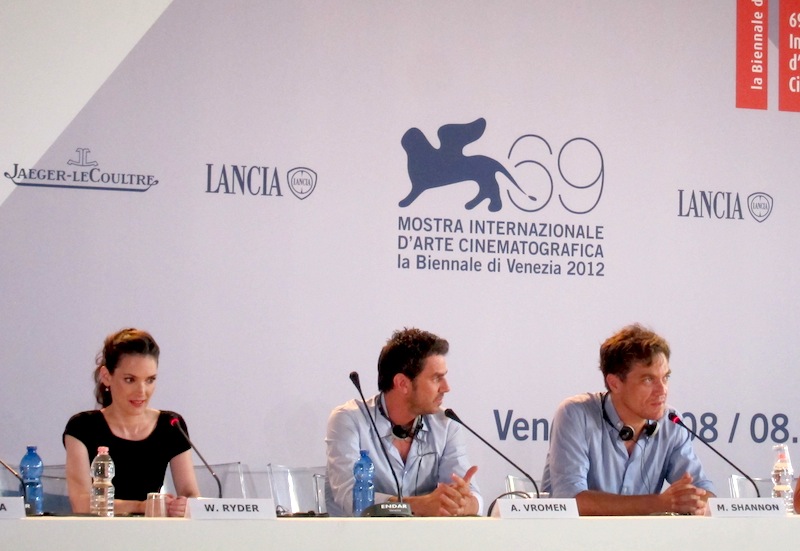
The Iceman is the latest feature from Ariel Vromen starring Michael Shannon, Winona Ryder, Ray Liotta and James Franco. The film depicts the story of Richard Kuklinski (Michael Shannon), a mafia hitman who allegedly killed more than 100 people.
Ariel, how was working on this movie and with these actors?
Ariel Vromen (director): You have to come prepared, know the character and story so well. We had two years to talk about this movie. On the set, trying to capture the moment, only a few times I felt that I was not watching Richard in front of me. I had to go to Michael [Shannon] and talk to him, because when he acts he doesn’t talk much.
Working with Ray [Liotta] is much easier, a dream come true. I am really happy we cast him, to find someone to be menacing in front of Michael.
Winona Ryder: Working with Michael is very much “you don’t know what’s gonna happen”. So amazing and spontaneous. A sort of explosion you are not prepared for, how he grabs you. He is completely present. Quite wonderful and generous.
Michael Shannon: When I was in the living room, it was a funny story… shall I tell that? No.
What’s the distance between the average gangster movie and this one?
AV: This is a story about people; I tried to be honest to the characters. Gangster films try to depict bad and good guys. We wanted to do a story where people could empathise, identify. Terrifying yourself as an audience member, asking yourself why you liked that guy. There are more connections than in a gangster film.
When I saw the documentary I thought Richard was a “funny” guy, very loyal to what he believed in. The way he portrayed these two extremes of his personality was intriguing.
MS: What makes it frightening is that I see that little boy he once was. How much fear and pain he had to endure as a child, the process of his personality forming. the only thing he had in excess was rage. He picked people who were not so innocent. If he had been treated differently, he would have been a different person.
How do you keep monsters fresh? And how can you keep the performance so disconnected from human emotions?
Ray Liotta: It is just our job; the biggest thing is doing the homework.
MS: Ray was keen on always looking for what was around him to inspire him or tell a story, asking where the story was supposed to be. That sensitivity. Ray is amazing, out-of-the-blue surprising.
This is helpful for me to work with. In terms of feeling disconnected, feeling anybody completely lose their state, and do the kind of things that he did, you have to be able to disconnect. The dissociative behaviour – if you aren’t able to numb yourself, you cannot endure the pain. He developed that skill when he was a child. I tried to repeat that.
Winona, what did you like of this character? How are you choosing roles at this point of your career?
WR: I was drawn to this story; it’s a compelling and different type of role for me to play. I sort of had to approach it in a very different way to how I usually approach roles. I could not do any research on the character that I played because everything that was available was involved with very graphic descriptions of his crimes, and my character was very much in denial or unaware of what happened.
I really wanted to work with Michael; I am a huge fan and that was the big draw. I think I was sort of drawn to the ambiguity of the role. In a strange way, what we do as actors is act as someone else. There is an interesting parallel between… I knew what the film was about, but I shut the parts I didn’t know out and removed all the pages that I wasn’t in. Even if she was aware, she didn’t allow herself to explore and get to know what was happening. To avoid responsibility for herself.
I think I have got to a place in my life where I just want to have a good life and if there is a film it has to be pretty great for me to spend part of my life making it. I am not in a place where I just want to keep working. But I feel like it’s very important to try to be happy and keep learning and keep, you know, remaining open in your life.
A notorious criminologist said we are all potential killers and Richard begins to kill aged 13. Was she right?
MS: Throughout the course of history there have been situations where normal people have been driven to extreme violence.
I think we all have to control ourselves; it’s not a given that we are kind to each other. You have to make an effort in life to be kind and not hurt people. I personally can never imagine murdering someone, except maybe if they are threatening my daughter.
Your family of two girls is very distant from those in the movies and on TV, like the Sopranos and Goodfellas. How did you make the family seem so real and normal?
MS: It starts with the writing and there is some really good writing in those scenes. That’s something very hard to catch – which is ironic because we all have families. It’s hard to make a scene where you’re not faking it. You spend your whole life with your family, and you only meet actors just before shooting.
I have a daughter and that was tremendously helpful – my own experience of being a father.
I did research on Kuklinski, watching him talk about his family, to see how much they meant to him. It’s hard watching the interview to understand whether he is telling the truth or not; in this case, it was clear that his family was the most important thing in his world. He didn’t have a lot of hobbies, he was a kind of a dull person. No passions whatsoever except being with his family.
WR: The actresses playing the daughters were wonderful and so talented. Open hearts; I felt a maternal feeling towards them. Talking about violence, they talk about it a lot. I sort of followed Michael and the girls leading it. Because I haven’t played a lot of mothers, they were just very generous to me. It came pretty naturally. The girls were tremendously helpful.
What sort of research have you done on the characters? Have you tried to contact them? How is it possible the wife never realised about her husband?
WR: All that I was told was that she changed her name, and the children’s, and became unreachable at the time of arrest and trial, facing criminal charges. I thought that it would have been… it was better that I didn’t speak with her. I don’t think that she… I don’t know what she would say. She would have said she didn’t know anything at all. It’s a horrible thing to have to talk about and admit – hard for anyone, especially because the marriage was so long and because of her children. She could not have acknowledged, for the children, otherwise she would have been a criminal too.
This was the first time I didn’t have the blessing of someone I’m playing. It was a very different experience for me; I think doing it this way helped me the most.
What about the interaction with the actual people who were part of the case?
AV: Most of them are dead so we did not contact them. His wife waited 20 years, a month after he died, to say that she was abused and under the gun in terms of what she felt. The only connection I have is that the daughters are my Facebook friends. They don’t want any connection with any material, movies or documentary made.
Filippo L’Astorina

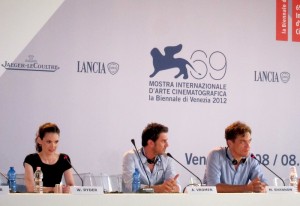
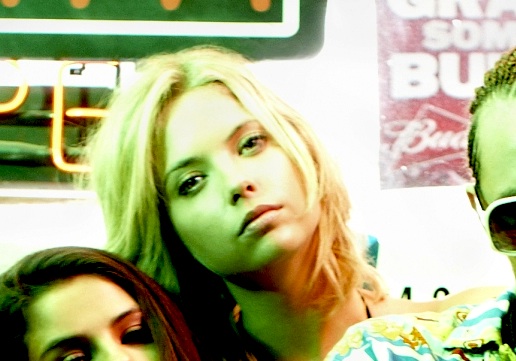

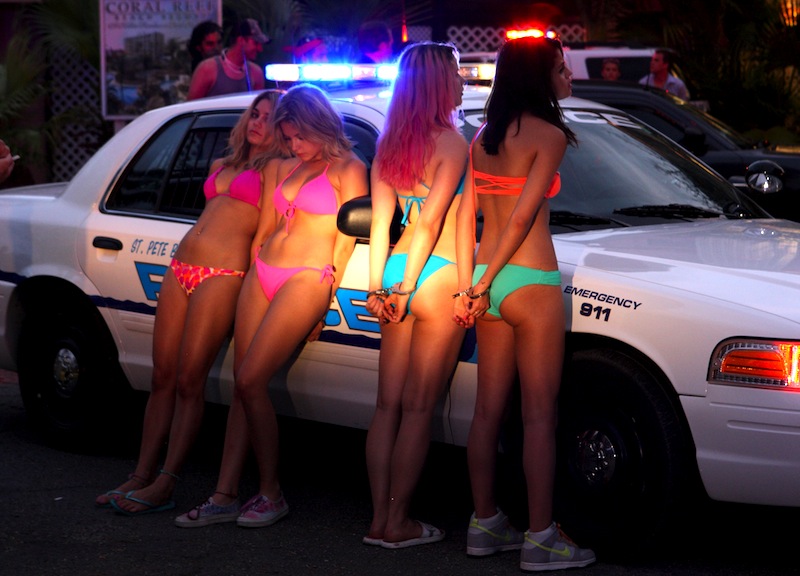
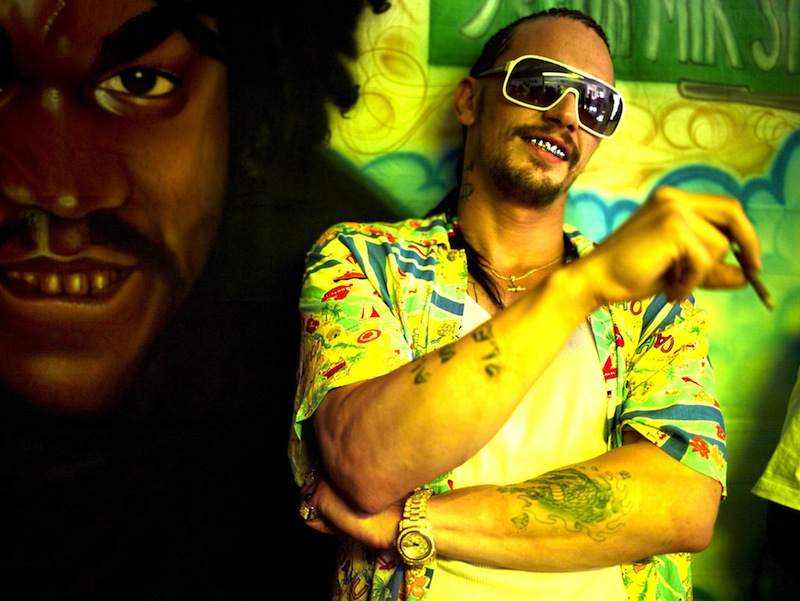
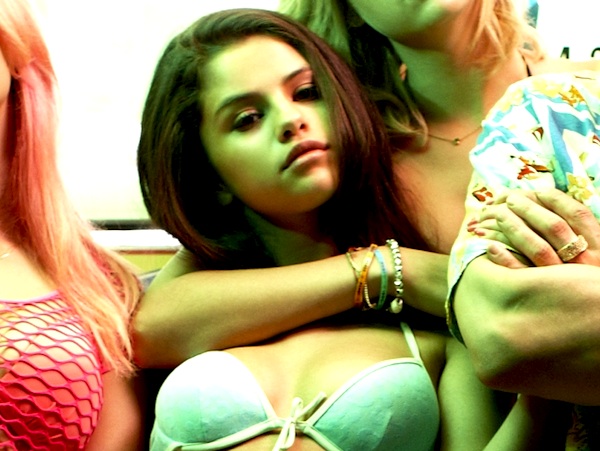
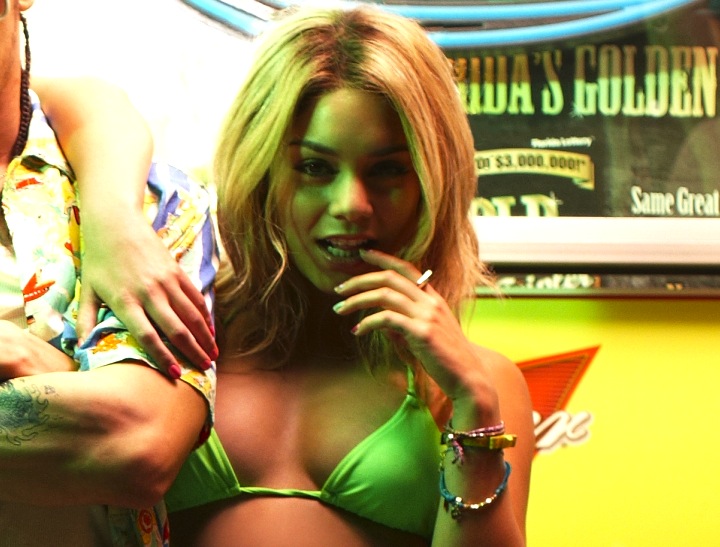
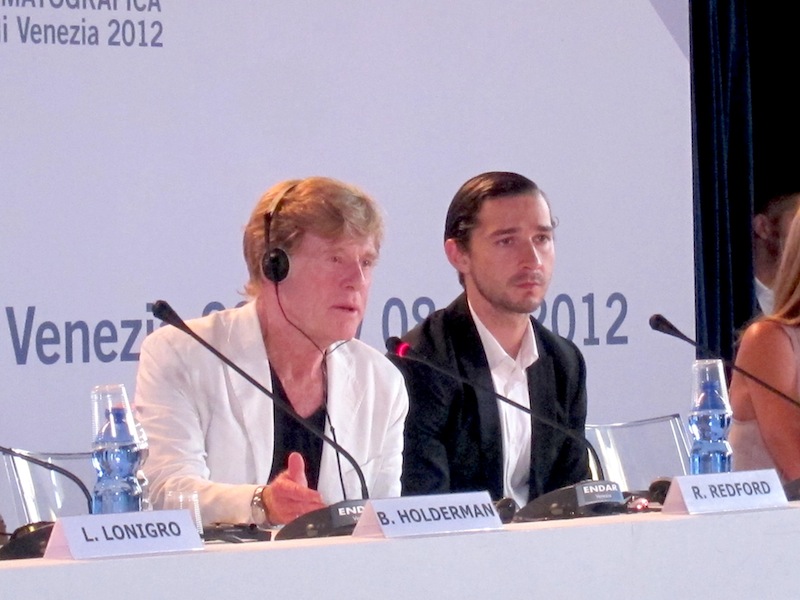
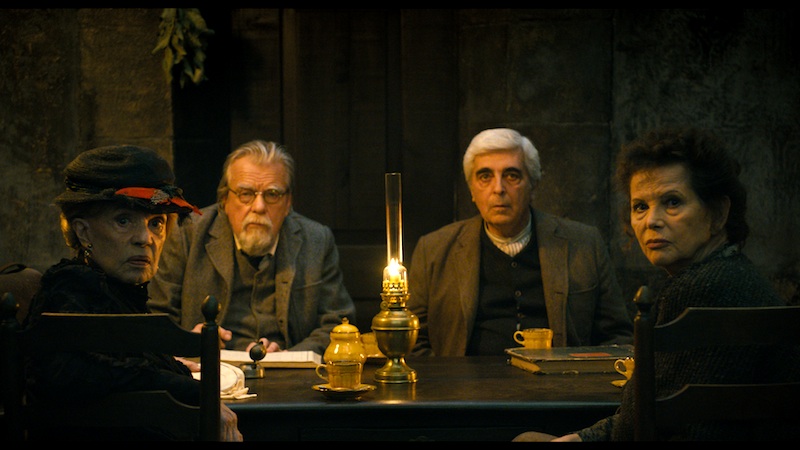
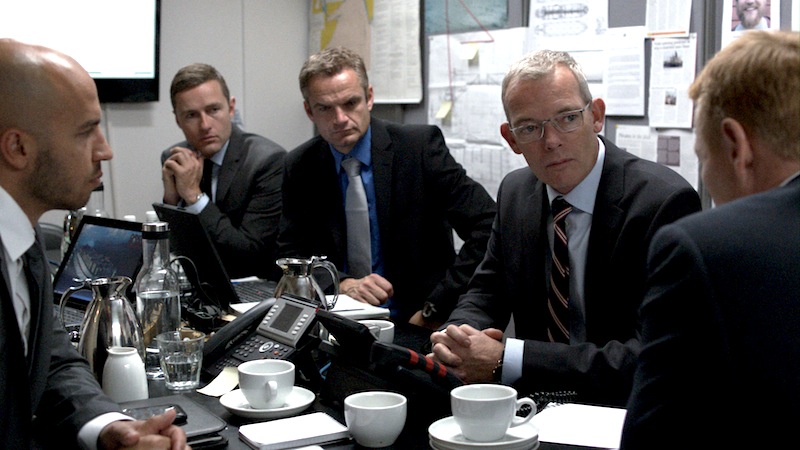











Facebook
Twitter
Instagram
YouTube
RSS